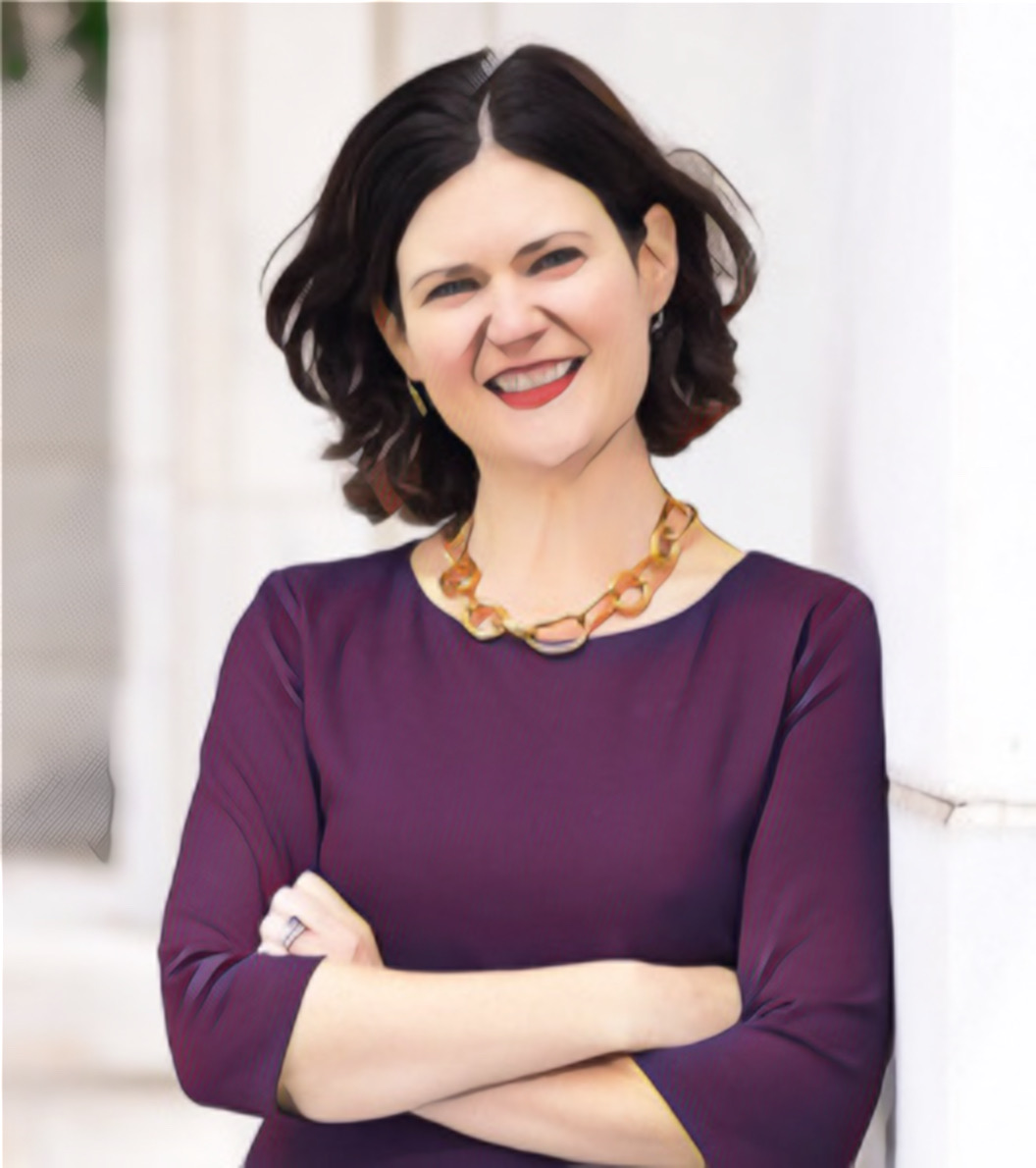Where do we go from here?
Americans just elected, through a free and fair election, a leader who has declared his authoritarian intentions. The response we need in this moment of crisis for many of our neighbors and our country is a recommitment to involvement in our democracy by every person.

The long and chaotic presidential election year is over. We are all left to consider what happened, how what nearly all journalists and pundits predicted would be a toss-up election won by a razor-thin majority by either candidate ended up being a decisive victory for Donald J. Trump.
The margin of victory assures that we will not have a repeat of January 6, 2021, when insurrectionists stormed the Capitol to interfere with the certification of the election results and tried to overturn the will of the people. We all can be grateful that we are not facing that kind of violence again.
But we are facing another kind of violence and harm with the second Trump administration. Americans just elected, through a free and fair election, a leader who has declared his authoritarian intentions. President-elect Trump has talked openly about “the enemy from within” and how he will use the U.S. Department of Justice and U.S. military to go after his political enemies.
His top policy priority is a mass deportation of all immigrants living in the United States without proper documentation, without regard to how long they have been living here or how their removal would impact their families and communities. Accomplishing such an operation most likely means using large-scale raids and detention camps, as well as reviving archaic laws and, at times, suspending the due process of law. With both houses of Congress under Republican control and a conservative super-majority at the U.S. Supreme Court, there are very few checks at the federal level for President-elect Trump’s unquenchable thirst for power.
When facing this reality, we can respond in at least two different ways. One is a defeatist attitude, borne out of the exhaustion of the effort put into this election and the despair at seeing the results. Another is a position of hopeful resilience, aware of what is at stake with a renewed commitment to being involved in direct democracy to help protect those in our communities who are most vulnerable to discrimination, exclusion and harm.
This fall, I have been on a national tour to discuss my new book How to End Christian Nationalism (read more in our winter magazine). I’ve met with hundreds of people in this country, from coast and coast and many locations in between. In events right after November 5, I noticed both despair and hope in people I met. There is a desire to be engaged in building the Beloved Community, but there also is a sense that the headwinds are so intense and the problem so immense that our efforts will be in vain.
These are exactly the kind of people for whom I wrote the book: people who are convinced of the dangers of Christian nationalism to our democracy and our Christian faith but are not sure where to begin in addressing the problem. The work of ending Christian nationalism is a continual effort — not one that will be finished next year, or even in my lifetime or yours. That doesn’t mean we don’t all have a responsibility now to do work to dismantle the ideology and to change the narrative around how people of faith can engage constructively in our constitutional democracy.
In the coming months, we at BJC will be focused on building partnerships with groups on the local level who are committed to this work. We will be introducing new ways for people of all faiths and no faith to engage directly with the work of Christians Against Christian Nationalism, through state and local advocacy opportunities and work in grassroots coalitions for change. We will continue our leadership in Washington, D.C., as we advocate for religious freedom for all in Congress, the U.S. Supreme Court and the executive branch. We will keep you informed about how you can make your voices heard to your elected representatives.
The response we need in this moment of crisis for many of our neighbors and our country is a recommitment to involvement in our democracy by every person. I am grateful to be in this struggle for freedom with each of you.
Amanda Tyler is executive director of BJC.
This article originally appeared in the winter 2024 edition of Report from the Capital. You can view it as a PDF or read a digital flip-through edition.




